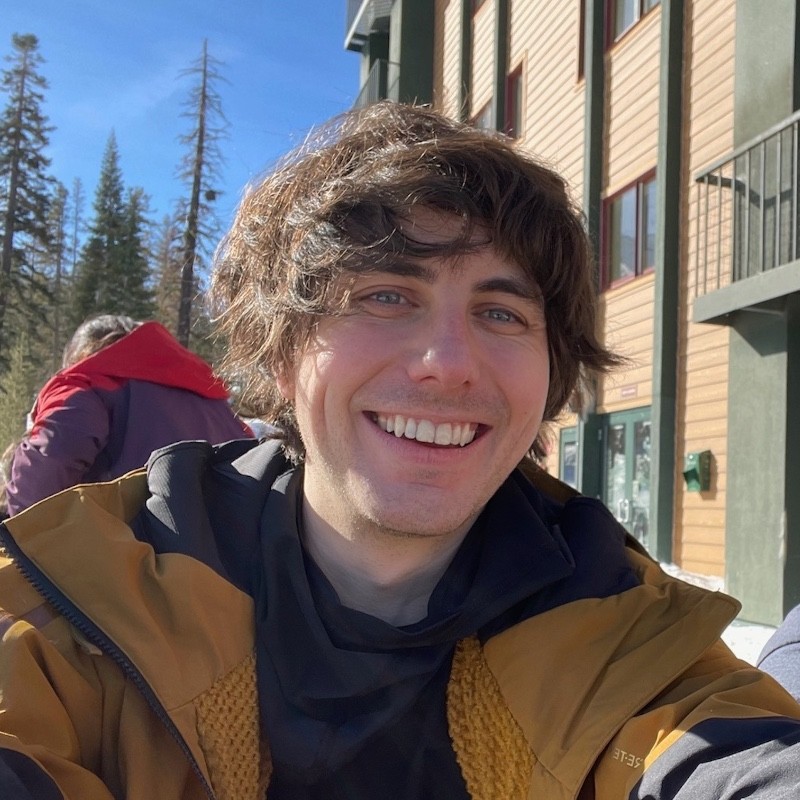The international workshop on Online and Adaptive Recommender Systems (OARS) will serve as a platform for publication and discussion of OARS. It will bring together practitioners and researchers from academia and industry to discuss the challenges and new approaches to implement OARS algorithms and systems and improve user experiences by better modeling and responding to user intent.
Recommender system (RecSys) plays important roles in helping users navigate, discover, and consume massive and highly-dynamic information. Today, many RecSys solutions deployed in the real world rely on categorical user profiles and/or pre-calculated recommendation actions that stay static during a user session. However, recent trends suggest that RecSys need to model user intent in real time and constantly adapt to meet user needs at the moment or change user behavior in situ. There are three primary drivers for this emerging need of online adaptation. First, in order to meet the increasing demand for a better personalized experience, the personalization dimensions and space will grow larger and larger. It would not be feasible to pre-compute recommended actions for all personalization scenarios beyond a certain scale. Second, in many settings the system does not have user prior history to leverage. Estimating user intent in real time is the only way to personalize. As various consumer privacy laws tighten, it is foreseeable that many businesses will reduce their reliance on static user profiles. Therefore, it makes the modeling of user intent in real time an important research topic. Third, a user’s intent often changes within a session and between sessions, and user behavior could shift significantly during dramatic events. Therefore, it is important to investigate more on online and adaptive recommender systems (OARS) that can adapt in real time to meet user needs and be robust against distribution shifts.
We invite submission of papers and posters, representing original research, new position and opinion, preliminary results, proposals for new tools, datasets, and resources. All submitted papers will be single-blind and will be peer reviewed by an international program committee of researchers of high repute. Accepted submissions will be presented at the workshop.
Topics of interest include, but are not limited to:
All papers will be peer reviewed (single-blind) by the program committee and judged by their relevance to the workshop, especially to the main themes identified above, and their potential to generate discussion.
All submissions must be formatted according to the latest ACM SIG proceedings template (two column format). One recommended setting for Latex file of manuscript is: \documentclass[sigconf, anonymous, review]{acmart}. Submissions must describe work that is not previously published, not accepted for publication elsewhere, and not currently under review elsewhere. All submissions must be in English.
Please note that at least one of the authors of each accepted paper must register for the workshop and attend in person to present the paper during the workshop.
Submissions to the OARS workshop should be made at easychair page.
| Submissions Due | |
|---|---|
| Notification | June 8th, 2025 |
| Camera Ready Version Due | July 6th, 2025 |
| Workshop Day | August 3rd, 2025 |
| Time | Talk |
|---|---|
| 1:00-1:05 ET | Openning |
| 1:05-1:50 ET | Invited Talk 1 Generative Recommenders using LLMs Rein Houthooft, Netflix This presentation describes an approach to building generative recommender systems at Netflix by leveraging the extensive world knowledge of Large Language Models (LLMs). We detail how ranking models can be constructed by fine-tuning base LLMs on Netflix-specific user behavior and content data, creating a system that blends general understanding with personalized interactions. Key to our method is an auxiliary output head for title entities, which improves ranking and allows for evaluation using metrics like mean reciprocal rank (MRR). We address challenges such as cold-starting via two-tower and positional-prompt approaches, and mitigate catastrophic forgetting using regularization with synthetic data, ensuring the model retains its language capabilities while excelling at ranking. |
| 1:50-2:05 ET | Spotlight 1 Algorithmic Harms Associated with Generative Model-Augmented Recommendation Systems [paper] Christine Herlihy, Xumei Xi, Shloka Desai, Kevin Bannerman Hutchful and Pedro Silva |
| 2:05-2:20 ET | Spotlight 2 Solving the Content Gap in Roblox Game Recommendations: LLM-Based Profile Generation and Reranking [paper] Chen Wang, Xiaokai Wei, Yexi Jiang, Frank Ong, Kevin Gao, Xiao Yu, Zheng Hui, Se-eun Yoon, Philip Yu and Michelle Gong |
| 2:20-2:35 ET | Spotlight 3 Leveraging Generative AI for Automated Item Metadata: Enhancing Recommender Performance and Operational Efficiency in a Large-Scale Media Service [paper] Hyeong-Bin Lee, Yeong-hwan Jeon, Min-seop Lee, Young-suk Moon, Hee-cheol Kim, Hyun-cheol Jo and Byoung-Ki Jeon |
| 2:35-2:50 ET | Spotlight 4 Improving Acceptance Rate for Hotel Partners’ Recommendations: Generative AI personalization, contextualization and explainability [paper] Florian Hatt, Stefano Casasso and Kirubhakaran Krishnanathan |
| 2:50-3:35 ET | Invited Talk 2 The Future of Personalized Universal Assistant Ed Chi, Google Deepmind We've moved way beyond the old days of building discovery, recommendation, decision support, and other AI tools using traditional ML and pattern recognition techniques. The future of universal personal assistance for discovery and learning is upon us. How will multimodality image, video, and audio understanding, and reasoning abilities of large foundation models change how we build these systems? I will shed some initial light on this topic by discussing 3 trends: First, the move to a single multimodal large model with reasoning abilities; Second, the fundamental research on personalization and user alignment; Third, the combination of System 1 and System 2 cognitive abilities into a single universal assistant. |
| 3:35-3:50 ET | Spotlight 5 REMI: A Novel Causal Schema Memory Architecture for Personalized Lifestyle Recommendation Agents [paper] Vishal Raman, Vijai Aravindh Raman and Abhijith Ragav |
| 3:50-4:05 ET | Spotlight 6 Contextual Bandits in Payment Processing: Non-uniform Exploration and Supervised Learning at Adyen [paper] Alexander Egg and Akhila Vangara |
| 4:05-4:20 ET | Spotlight 7 GLoSS: Generative Language Models with Semantic Search for Sequential Recommendation [paper] Krishna Acharya, Aleksandr V. Petrov and Juba Ziani |
| 4:20-5:05 ET | Invited Talk 3 The role of online Reinforcement Learning in a dynamic two-sided marketplace Vijay Narasiman, Lyft In this talk, I discuss the development and deployment of online reinforcement learning (RL) to improve the performance of Lyft's matching system. Lyft operates a complex system that matches drivers and riders in the rideshare marketplace at the scale of millions of rides per day. When demand arrives unpredictably in this two-sided marketplace, it is critical to make more efficient use of a fixed supply of drivers. I begin by describing how a basic matching system works and demonstrate how an intuitive objective like minimizing pickup times might not be optimal beyond the short term. I then explain how and why we used online RL to improve medium term outcomes while incorporating continuous feedback from the marketplace. I conclude by outlining the challenges of deploying such a system in production and the measurable impact it had on both rider and driver outcomes. |
| 5:05-5:10 ET | Closing |

Netflix Research
San Francisco, CA

Google DeepMind
Mountain View, CA

Lyft
San Francisco, CA

The Home Depot
Atlanta, GA

Google
Mountain View, CA

Emory
Atlanta, GA

Amazon
San Francisco, CA

University of California San Diego
San Diego, CA

Walmart Global Tech
Sunnyvale, CA

Indeed
San Francisco, CA
Ding Xiang, The Home Depot
Zhankui He, Google
Arohi Kumar, Google
Bodhisatta Maiti, The Home Depot
Sumeet Menon, The Home Depot
Vivek Agrawal, Walmart
Fei Liu, Emory
Julian McAuley, UCSD
Please send questions and enquiries to workshop.oars@gmail.com.